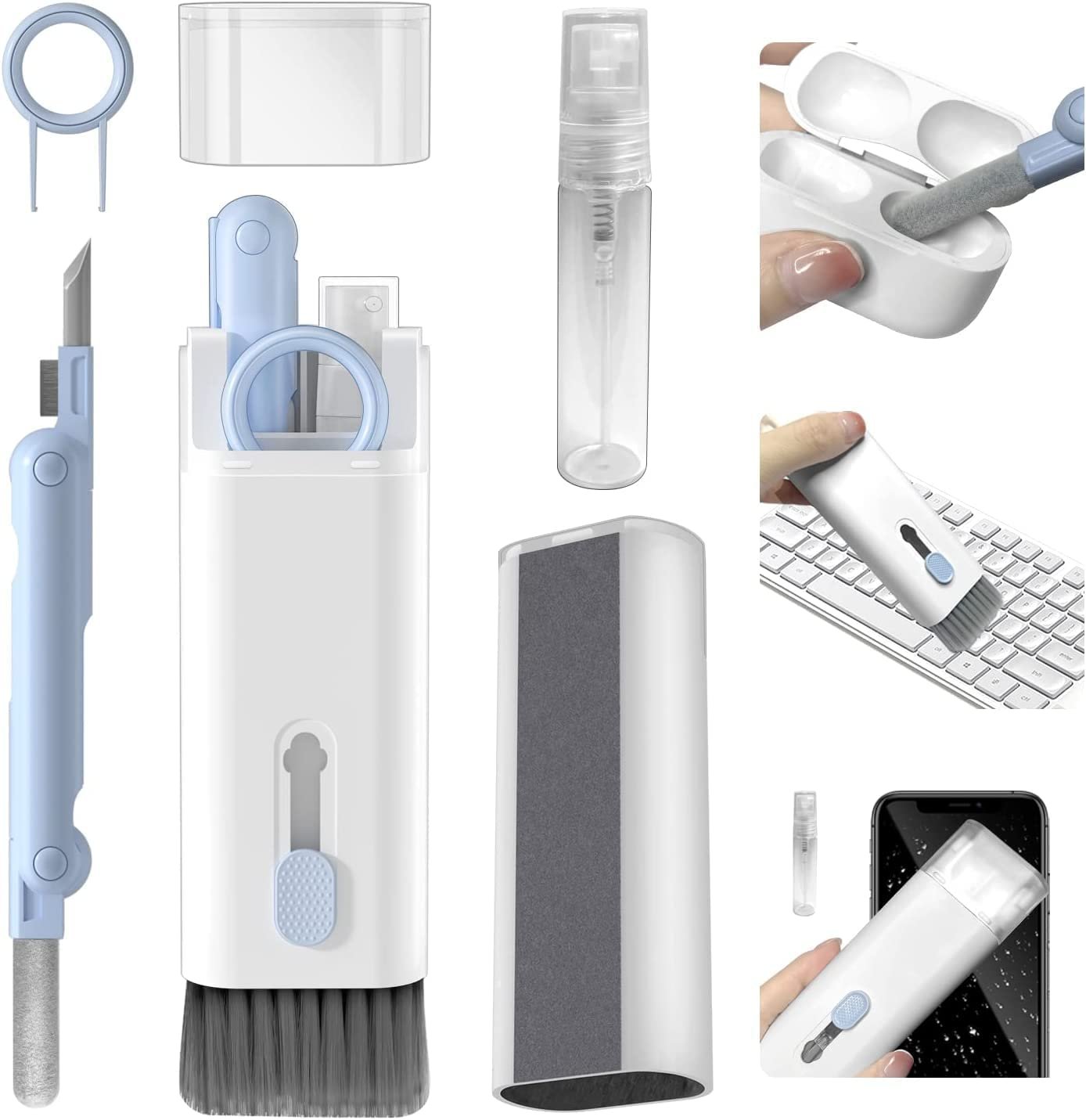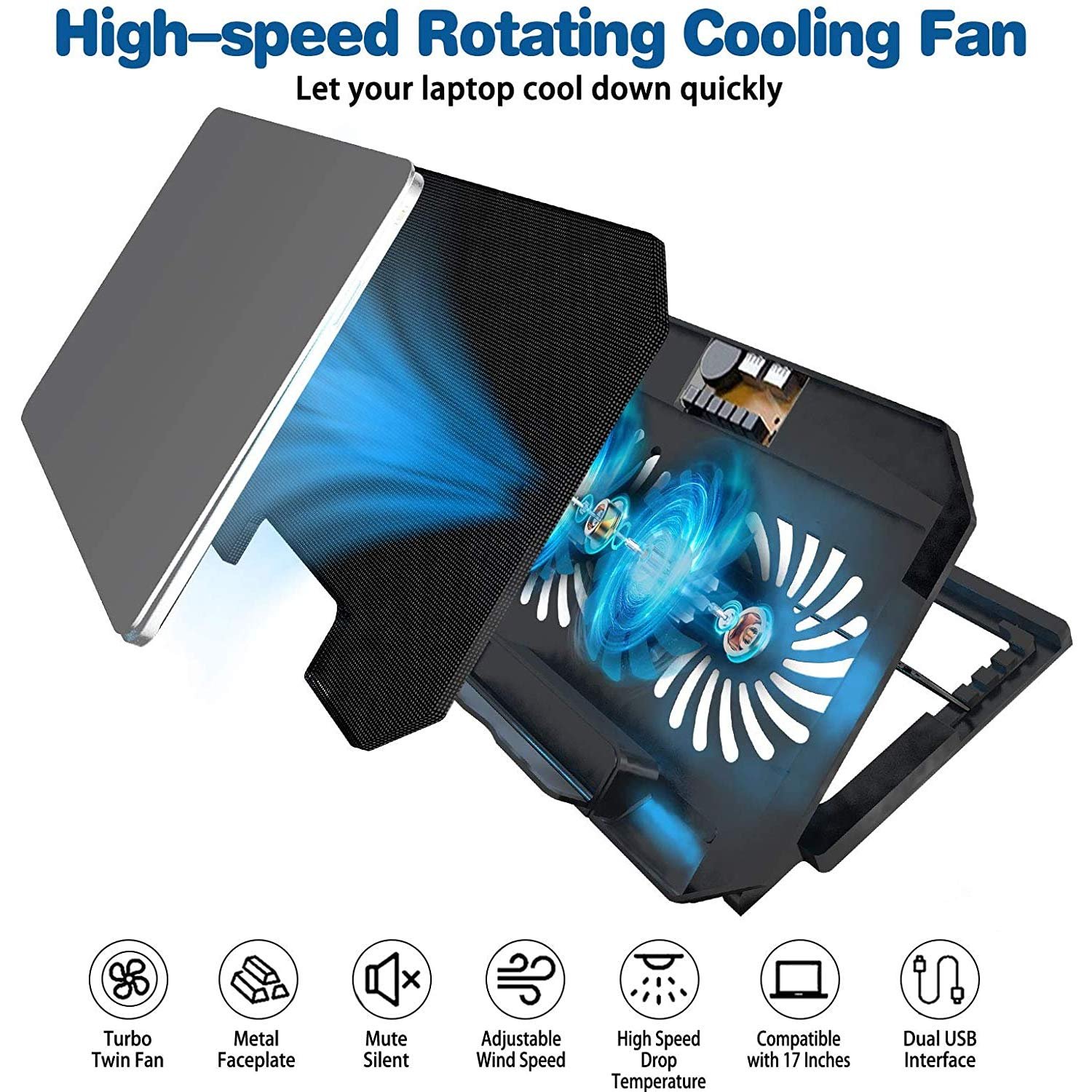Laptops have become an integral part of our daily lives, serving us for work, entertainment, and communication. However, as laptops become more powerful and compact, they generate a significant amount of heat, which can lead to overheating issues. Overheating not only affects the performance of your laptop but can also cause long-term damage. In this blog, we will explore the common causes of laptop overheating and provide you with practical steps to fix it.
Why Do Laptops Overheat?
Before we delve into the solutions, it's crucial to understand why laptops overheat. Several factors can contribute to overheating:
- Dust and Dirt: Dust and dirt can accumulate inside your laptop, clogging the cooling system. This prevents efficient heat dissipation, causing your laptop to overheat.
- Inadequate Ventilation: Using your laptop on soft surfaces like beds or couches can block the ventilation ports, hindering proper airflow.
- Intensive Tasks: Running resource-intensive applications or playing graphics-heavy games can push your laptop's hardware to the limit, causing it to heat up.
- Aging Hardware: As laptops age, their cooling systems may become less efficient, leading to increased temperatures.
Now, let's explore how to fix a laptop that is overheating:
- Clean the Dust and Dirt:
One of the most common reasons for laptop overheating is a clogged cooling system. Here's how to clean it:
a. Turn off your laptop and unplug it.
b. Open the laptop's bottom panel (if possible) and locate the cooling fan(s) and heat sinks.
c. Use compressed air to blow out the dust and dirt from the vents, fan blades, and heat sinks. Ensure you hold the fans in place to prevent them from spinning while cleaning. Cleaning product is available on Amazon which you can try

d. Reassemble your laptop and turn it on.
- Use a Cooling Pad:
If you often use your laptop on soft surfaces, invest in a cooling pad. Cooling pads have built-in fans that help improve airflow and keep your laptop cooler. They are affordable and can make a significant difference in temperature reduction.

- Adjust Power Settings:
Tweaking your laptop's power settings can help reduce overheating. Here's how:
a. On Windows, go to Control Panel > Power Options. Choose a power plan that balances performance and energy efficiency, such as "Balanced" or "Power Saver."
b. On macOS, go to System Preferences > Energy Saver and adjust the settings to optimize battery life.
- Monitor Task Manager:
Keep an eye on your laptop's Task Manager to identify resource-intensive applications. Close unnecessary programs and processes to free up system resources and reduce heat generation.
- Repaste Thermal Compound:
If your laptop is several years old and you're comfortable disassembling it, consider repasting the thermal compound on the CPU and GPU. Over time, the compound can degrade, leading to poor heat transfer. Applying fresh thermal paste can significantly improve cooling.

- Update Drivers and Firmware:
Outdated drivers and firmware can contribute to overheating problems. Ensure your laptop's operating system, graphics card drivers, and BIOS firmware are up to date to take advantage of performance optimizations and bug fixes.
- Elevate Your Laptop:
Using a laptop stand or simply propping up the rear of your laptop can help improve airflow and reduce overheating.
- CPU or GPU Fan may run slow:
Check for your CPU or GPU fan speed, if it is running slow, it will be a good idea to replace them to get good air flow.

Laptop overheating can be a frustrating and potentially damaging issue, but with the right approach, you can keep your laptop running smoothly. Regular cleaning, optimizing power settings, using cooling pads, and monitoring resource-intensive tasks are effective ways to combat overheating. If your laptop continues to overheat despite these efforts, consider seeking professional help, as there may be underlying hardware issues that require attention. By taking care of your laptop's cooling system, you can ensure it stays cool and performs at its best for years to come.